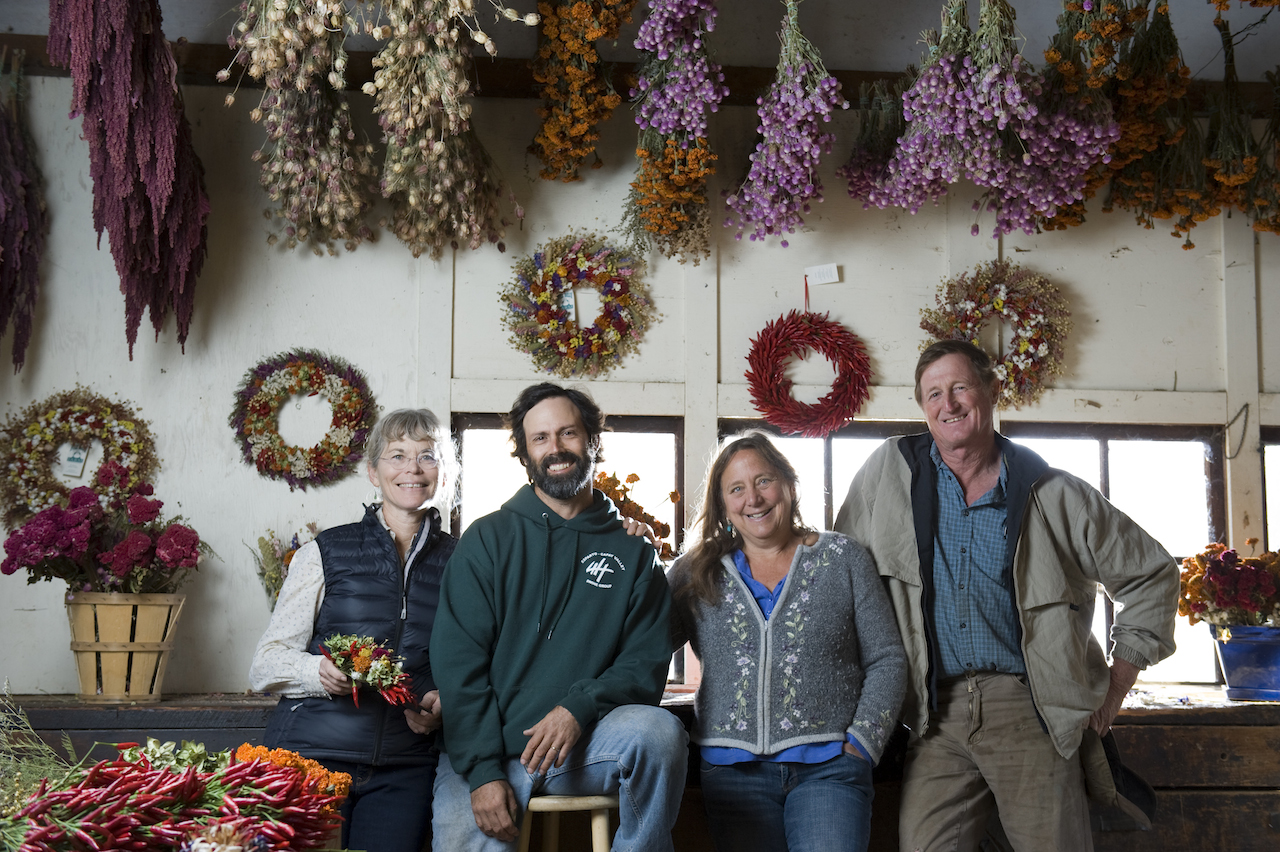A note about our ‘Stop Waste’ boxes
Welcome back to Full Belly veggies! We hope that you had some wonderful meals during our holiday rest. We are excited to be your fruit and vegetable farmers for 2017. We appreciate all of you who are continuing members, as well as all of you who are trying out a Full Belly CSA box for the first time. We have had a lot of rain and some nice cold weather over the last few weeks, so our fields are muddy, slowing down the process of getting your veggies out of the field, to be washed, and packed. You may notice that the cold weather brings out the sweetness in our greens and carrots.
One of the chores of our winter break every year, is to collect and count our inventory of ‘Stop Waste’ CSA boxes. For our members who have been with us for awhile, the hard plastic green boxes that we pack your vegetables in, are old friends. We call them our Stop Waste boxes, because they are an alternative to the ubiquitous waxed cardboard boxes, usually used to pack produce, that go straight to the landfill after use. But the hard plastic boxes are expensive — we paid $12.25 for each one when we first purchased them in 2013, so we try to encourage all of our members, including those who get home delivered veggies, to make sure that all of the boxes are returned to the farm. [Read more…]

